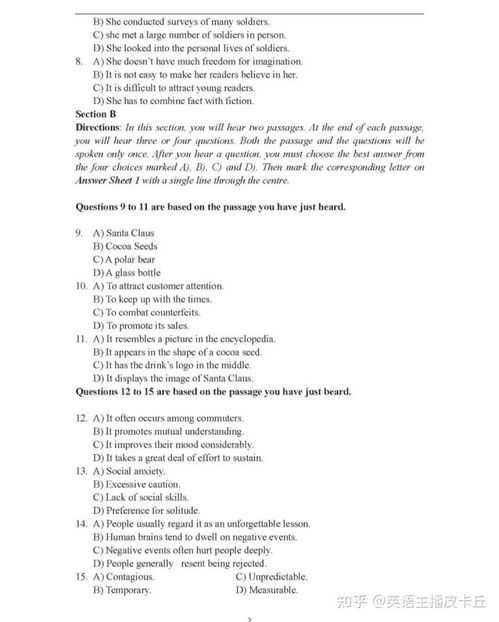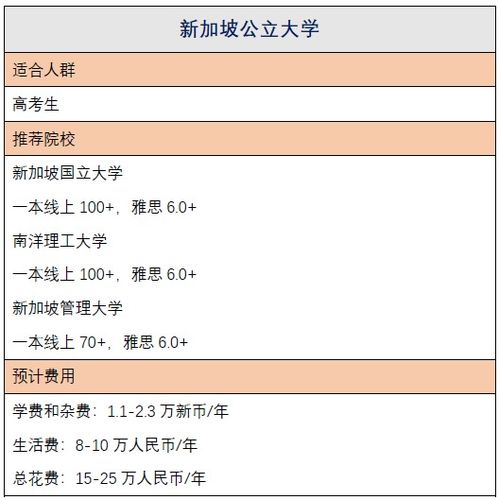中等职业教育英语第二册教材
Title: The Importance of Vocational Education
Vocational education, also known as career and technical education, plays a vital role in preparing individuals for specific careers and trades. This type of education focuses on practical skills and knowledge needed for various professions, and it is essential for the development of a skilled workforce across different industries.
What is Vocational Education?

Vocational education refers to training that emphasizes skills and knowledge required for specific jobs or trades. It encompasses a wide range of fields including healthcare, information technology, construction, automotive technology, hospitality, and more. The main goal of vocational education is to equip individuals with the competencies needed to succeed in their chosen profession.
Key Benefits of Vocational Education
1.
Handson Learning:
Vocational education programs offer handson training, allowing students to develop practical skills that are directly applicable to their future careers.2.
Career Readiness:
Graduates of vocational programs are wellprepared to enter the workforce immediately upon completion of their studies. They possess the skills and expertise sought after by employers.3.
Meeting Industry Needs:
Vocational education aligns with the needs of industries, ensuring that the workforce has the specific skills required to fill indemand jobs.4.
Diverse Career Pathways:
It provides diverse career pathways for individuals who may not choose traditional academic routes, offering opportunities for success in various fields.Examples of Vocational Training
1.
Healthcare:
Vocational training in healthcare covers areas such as nursing, medical assisting, pharmacy technology, and medical coding. These programs provide the skills needed to work in hospitals, clinics, and other healthcare settings.2.
Information Technology:
With the rapid advancement of technology, vocational programs in IT offer training in areas such as network administration, cybersecurity, and software development, preparing individuals for careers in the tech industry.3.
Construction and Trades:
Vocational education in construction and trades includes carpentry, plumbing, electrical work, and HVAC (heating, ventilation, and air conditioning). Students learn practical skills that are essential for building and maintaining infrastructure.4.
Hospitality and Tourism:
This area of vocational education covers culinary arts, hotel management, and tourism services, providing training for careers in the hospitality industry.Guidance for Pursuing Vocational Education
1.
Research Programs Carefully:
When considering vocational education, it is important to research different programs to find the one that best aligns with your career goals and interests.2.
Internship Opportunities:
Look for programs that offer internships or practical work experience, as handson learning is a key component of vocational education.3.
Industry Demand:
Consider the demand for specific skills in your chosen industry to ensure that there are ample job opportunities upon completing your vocational training.4.
Professional Development:
Understand that vocational education is not limited to entrylevel roles. Continuous professional development and upskilling are vital for longterm career growth.Conclusion
Vocational education serves as a cornerstone for addressing the skills gap and meeting the needs of industries. By providing individuals with the practical knowledge and expertise required for specific careers, vocational training ensures a steady supply of skilled professionals across diverse fields. As the job market continues to evolve, the role of vocational education in equipping the workforce with relevant skills remains crucial for sustained economic growth and individual success.











